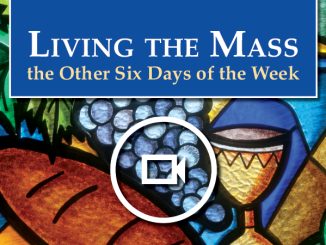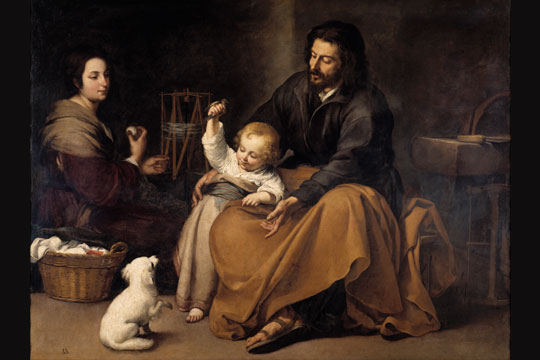
Living the Mass the Other Six Days of the Week: The Prayer of the Faithful
As we continue to journey through the National Eucharistic Revival, we are reflecting on the parts of the Mass and what each part is calling us to do and be the other six days of the week. In this episode, we look at the Prayer of the Faithful and reflect on how it helps us to begin the work of entrusting to God the needs of ourselves, others, the Church, and the world. The Prayer […]







